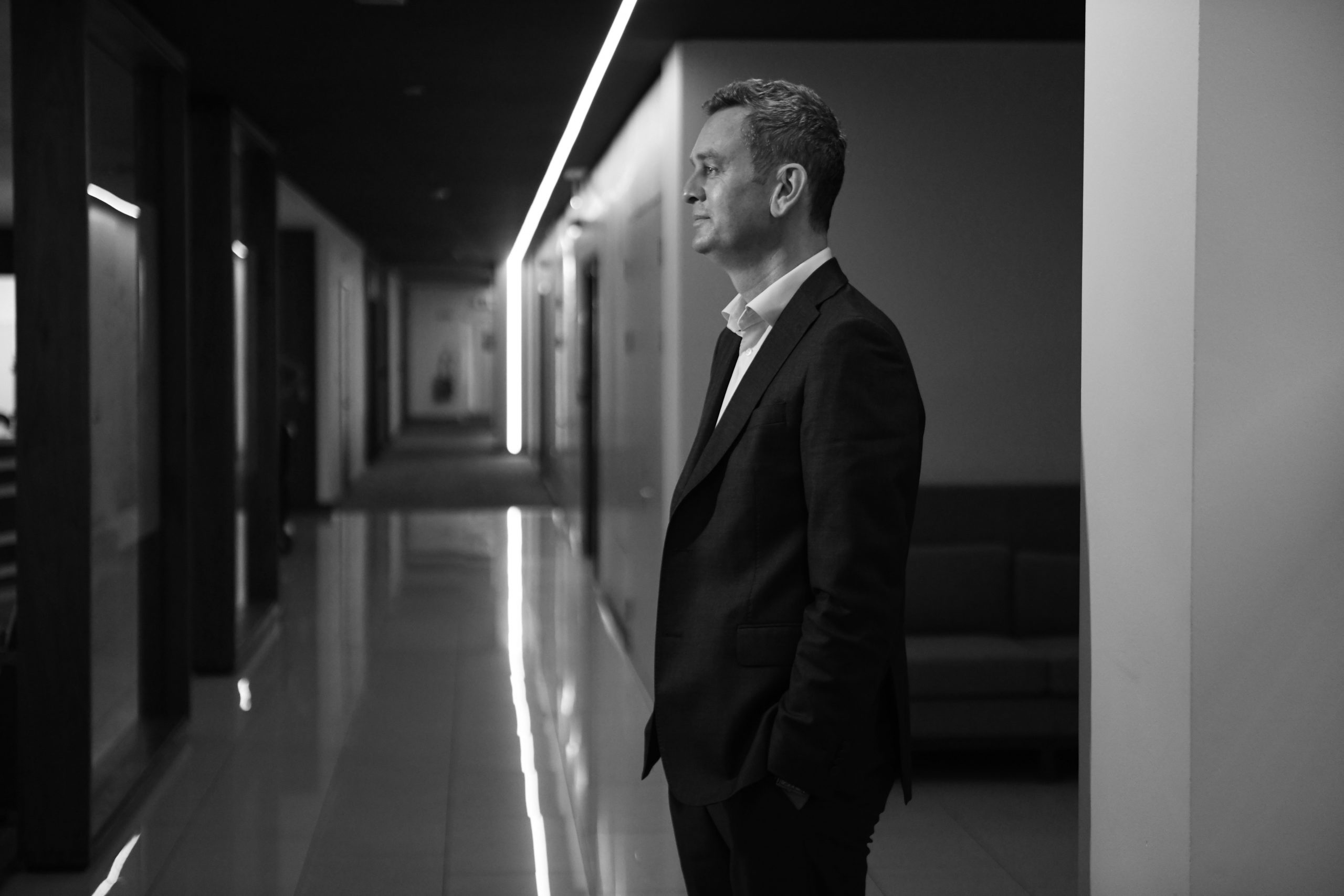The idea is to disrupt. A big four accountancy firm bridging the divide with law. A cross-border melting pot of professional services under one roof, one global brand. Perhaps it is so obvious it doesn’t bear saying. Alan Murphy, Head of Law at EY Law Ireland for one, doesn’t feel the need to spell it out. But he believes in offering a service that chimes with how business is done today he is part of the future. In conversation with him, the word synergy crops up more than once. He also tells me a university has identified EY Law’s arrival in…
Cancel at any time. Are you already a member? Log in here.
Want to continue reading?
Introductory offer: Sign up today and pay €200 for an annual membership, a saving of €50.

